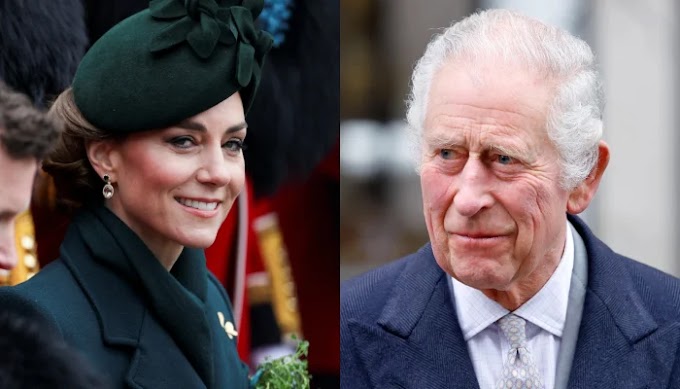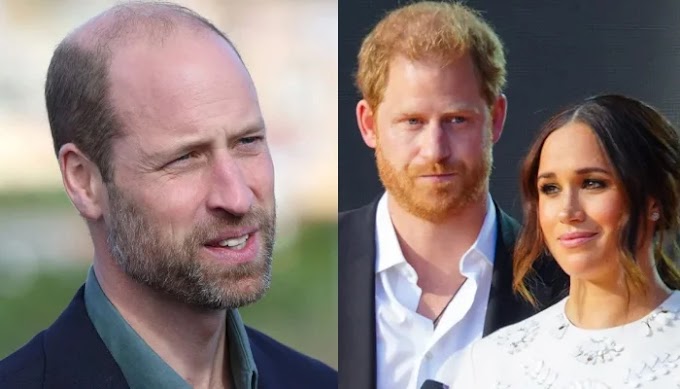Experts say touching video reveals emotional freedom and highlights deep contrast with royal tradition
Meghan Markle’s Father’s Day tribute to Prince Harry may have appeared to be a simple celebration of parenthood, but royal experts suggest the video carried a much deeper, deliberate message—one that subtly sets Harry apart from his royal roots.
The video, set to Jason Mraz’s “Have It All,” featured intimate and joyful clips of Harry with Archie and Lilibet, enjoying bubble machines, beach scenes, and relaxed family moments. But royal commentator Dr Tessa Dunlop believes the song’s hopeful lyrics contrast with Harry’s current reality.
“Harry doesn’t have it all,” Dunlop said, pointing to what she describes as a “vast gulf” between this post and Prince William’s more polished Father’s Day portrait. The Prince of Wales appeared in a professional, composed image alongside his children, described by Dunlop as that of the “model English father”—a picture steeped in tradition and stability.
By contrast, Meghan’s video offered a “Californian vibe,” showcasing what Dunlop called a “hotch-potch of sunbaked vibes” and informal parenting—heartfelt but far removed from the institutional stature Harry once held.
Body language expert Judi James also weighed in, noting that Meghan’s post presents a “narrative of freedom.” She explained, “The tone of this video, with Harry as a hands-on father, is very different from the UK royals’ carefully posed Father’s Day photos. There’s a strong message of emotional and lifestyle independence.”
James emphasised that the video wasn’t just about Harry as a father—it also showed a freer upbringing for Archie and Lilibet, separate from the formality that traditionally comes with royal childhoods.
Together, the experts suggest Meghan’s tribute wasn’t just a personal gesture—it was a reflection of the Sussexes’ new identity. While Harry may no longer be part of the monarchy’s inner workings, the video sent a message loud and clear: his life may be different, but it is grounded in connection, authenticity, and a vision of fatherhood on his own terms.












